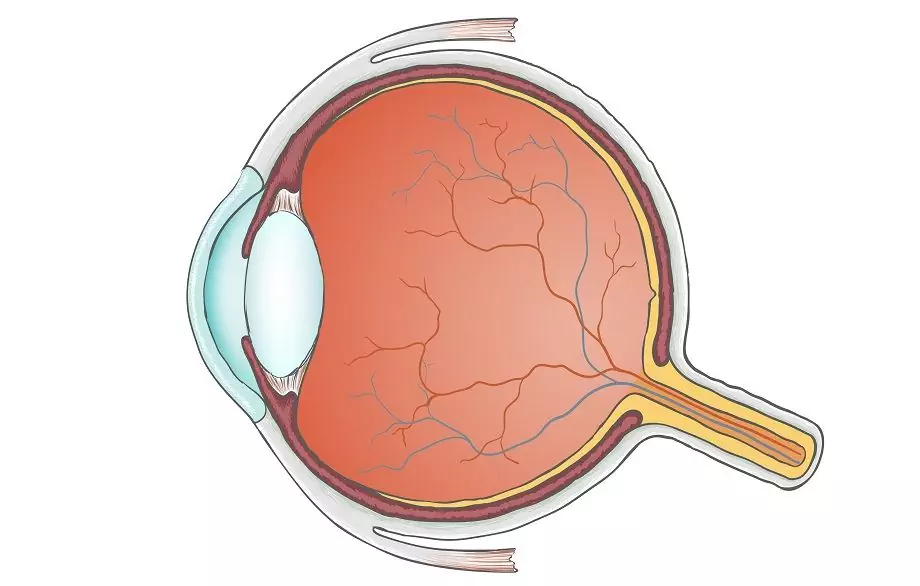- Author Rachel Wainwright [email protected].
- Public 2023-12-15 07:39.
- Last modified 2025-11-02 20:14.
About pulmonology

Pulmonology is a branch of clinical medicine that focuses on diseases of the respiratory system: lungs, pleura, trachea and bronchi. In addition, pulmonologists specialize in the development of new methods of treating diseases of the respiratory system, work on their prevention and diagnosis. Such diseases include, for example, abscess, bronchial asthma, lung cancer, bronchitis, emphysema, pneumoconiosis, pulmonary embolism, silicosis, apnea and sarcoidosis.
Phthisiology is a separate area of pulmonology. This direction is engaged in the diagnosis, treatment and prevention of pulmonary tuberculosis. In recent years, a tendency towards the integration of phthisiology and pulmonology has been noticeable, which is associated with a change in the approach to the causes and clinical course of tuberculosis. In modern medicine, this disease is associated with other diseases caused by allergic, tumor and occupational lesions of the respiratory system. The problem is that there are no 100% effective methods of treating tuberculosis, and the number of sick people is growing every year.
Despite a number of obvious problems, pulmonology, as a science, is constantly evolving. Nowadays, doctors can successfully identify and treat diseases that were previously considered incurable, and they are detected already, as a rule, in the early stages, which greatly facilitates the process of treatment and recovery of the body. To make the correct diagnosis, methods such as bronchoscopy, computed tomography, laboratory and radiological studies are used.
Found a mistake in the text? Select it and press Ctrl + Enter.






